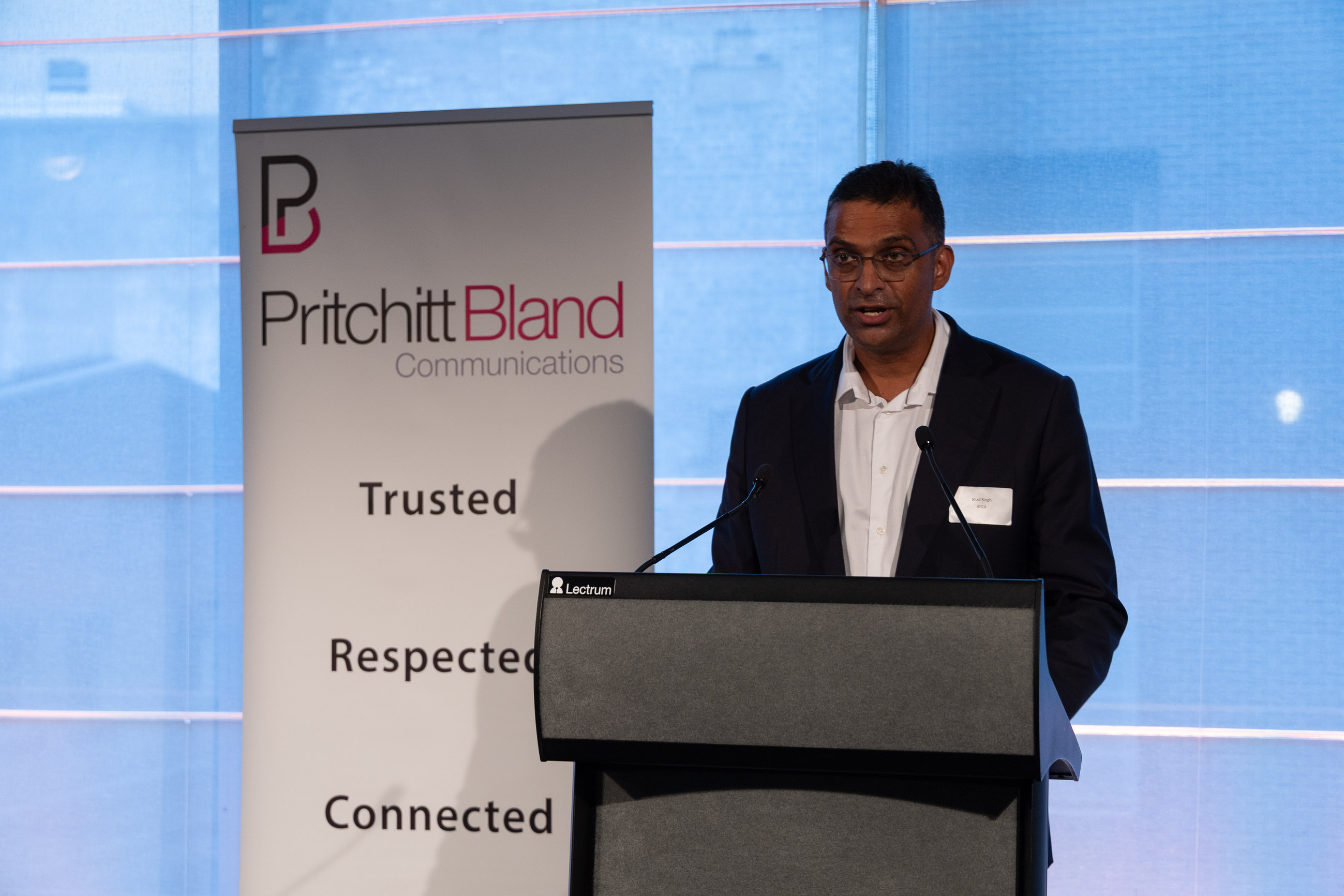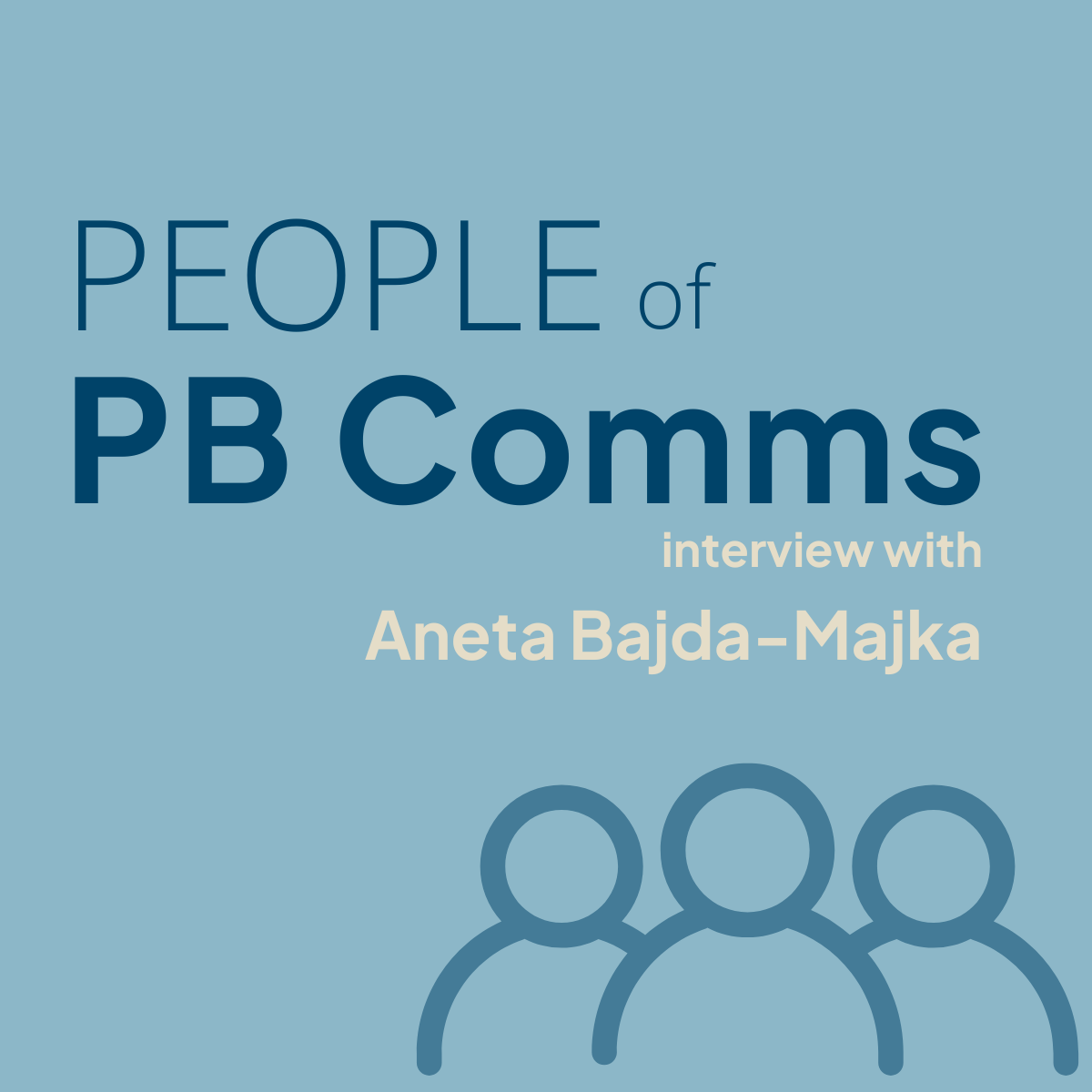Working with journalists takes knowledge, experience, relationships and an understanding of individual needs. Therefore any generalisations about how best to reach a journalist, how to pitch a story to them, or when and how best to contact them, aren’t really helpful.
But what nearly all journalists would agree on are the sort of things that annoy them. Those things that people do that will get them offside without any effort at all.
So, here are 10 popular ways to get on the wrong side of journalists:
- Phoning them when they are on deadline and persist in trying to sell a story they are not interested in – or indeed any story at that time of their day. One of the first questions asked on a phone call to journalists should be “are you OK to talk?”. And be prepared that they may say no.
- Pitching a story idea that has already been used by that publication or elsewhere. Good journalists look at all relevant publications even if you don’t. A similar no-no is pitching a subject that has already been written by a journalist quoting a different source. You might think you are the top expert on the subject and have special knowledge, but if the story has been done, it’s been done.
- Promising a journalist an exclusive and not delivering it, but instead, sending out as a general release. Or giving it to another journalist. Another variation on this theme is trying to sell an exclusive that’s already been used elsewhere.
- Following up a media release with a phone call to see if the journalist has received it or is going to use it. Especially if it’s already been used. Foot in Mouth Time.
- Asking the journalist to send a copy of, or a link to a story, when it’s been run. This is saying you don’t read the publication or e-magazine. A bit of an insult.
- Claiming something is off the record after it’s been said. No, it isn’t. And the journalist will use it if it’s newsworthy. Retrospectively insisting a comment should be treated in confidence shows you as naïve. Something is off the record only if it’s been agreed beforehand.
- Using a story idea originated by a journalist as the subject of your own media release is a no-no, unless it’s after the journalist’s story appears. Then it’s probably too late for anyone else to be interested. The moral is to get your own inspiration.
- Asking to see a copy of the story before it is published to check and approve it. Some journalists may be OK with this, but others find it really offensive. If you aren’t able to communicate your message clearly and effectively during an interview, then perhaps you shouldn’t be talking with journalists.
- Telling journalists that they have misquoted you when what you really mean is “I wish I hadn’t said that”. Taking on a journalist over what was said is dangerous – they see it as being accused of incompetence, and anyway they usually have a recording of an interview so they can prove the point. Don’t expect to find yourself on the journalist’s contact list.
- Contacting a journalist with a story idea that shows you have absolutely no idea about what they write on.
This blog was originally posted on linkedin.



















